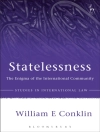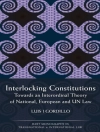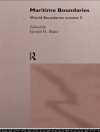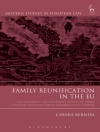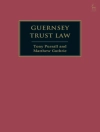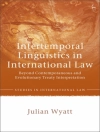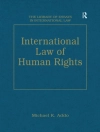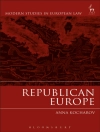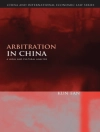Seminar paper from the year 2003 in the subject Law – European and International Law, Intellectual Properties, grade: 15 Points, University of Mannheim, language: English, abstract: As stated in an article on the Human Rights Watch Homepage, in Afghanistan there “are currently no effective mechanisms in place to address past crimes committed during the two decades of war that followed the Soviet-backed coup in 1978” . But there is a need to examine what happened during this time to achieve justice and reconciliation which are necessary for a brighter future of the state.
This paper will deal with transitional justice mechanisms which come to mind when thinking about a solution for Afghanistan. It will address the pros and cons of a Truth and Reconciliation Commission, a Hybrid Court, an International Ad Hoc Court, a Local Court, the International Criminal Court, Lustration, Amnesty, and a Constitution with entrenched Bill of Rights and come to a conclusion about which of these methods shall be favoured for the state of Afghanistan. In order to do so one has to bear in mind the specific circumstances of the country such as the ethnic makeup, the religions and languages of the people.
Stefanie M. Bausch
Which one of the following transitional justice mechanisms would be most effective in addressing past human rights abuses in Afghanistan? [EPUB ebook]
Which one of the following transitional justice mechanisms would be most effective in addressing past human rights abuses in Afghanistan? [EPUB ebook]
Achetez cet ebook et obtenez-en 1 de plus GRATUITEMENT !
Langue Anglais ● Format EPUB ● ISBN 9783638261470 ● Taille du fichier 0.2 MB ● Maison d’édition GRIN Verlag ● Lieu München ● Pays DE ● Publié 2004 ● Édition 1 ● Téléchargeable 24 mois ● Devise EUR ● ID 3495684 ● Protection contre la copie sans


